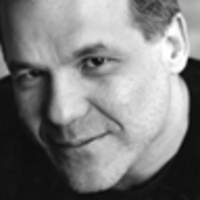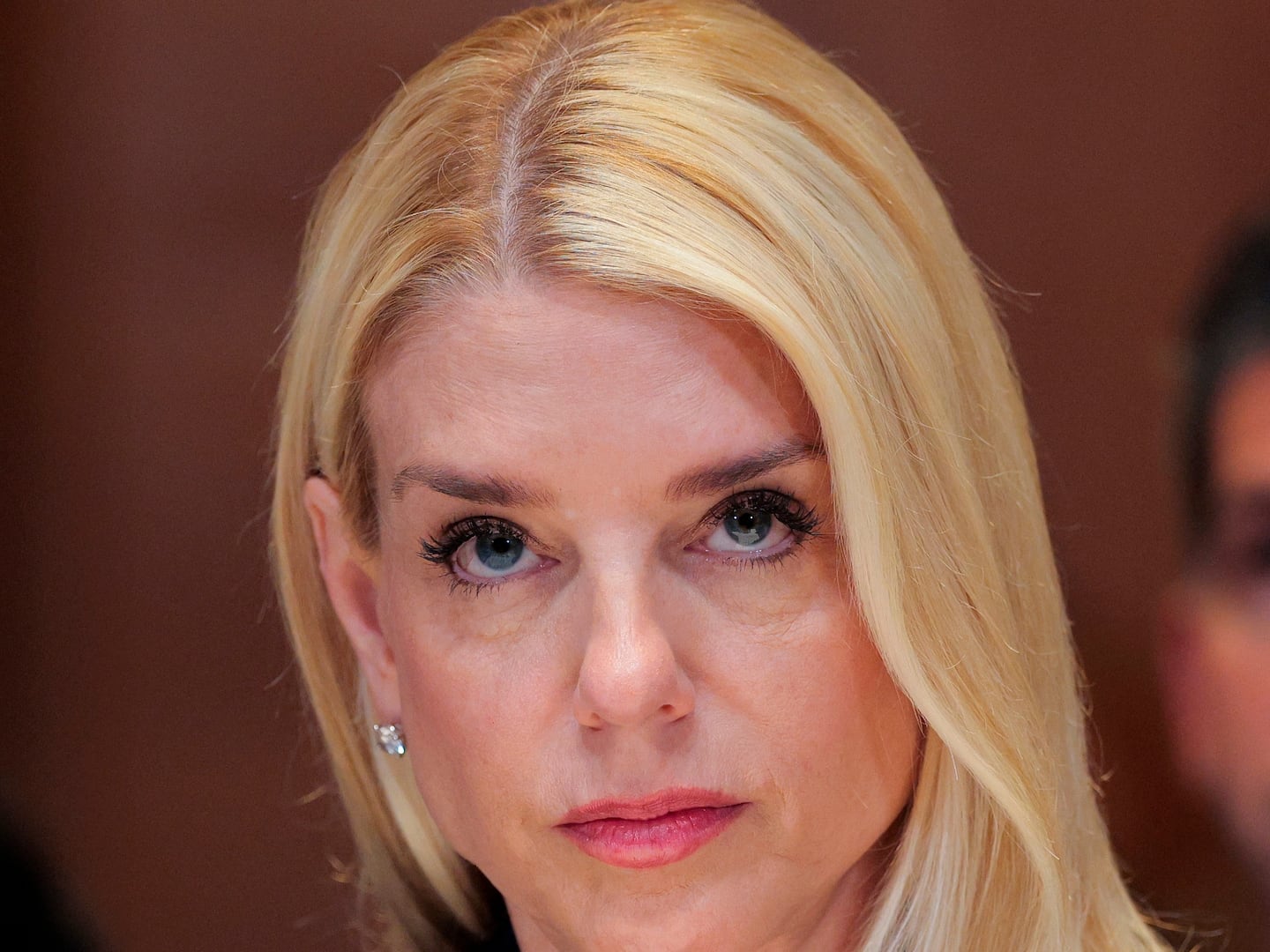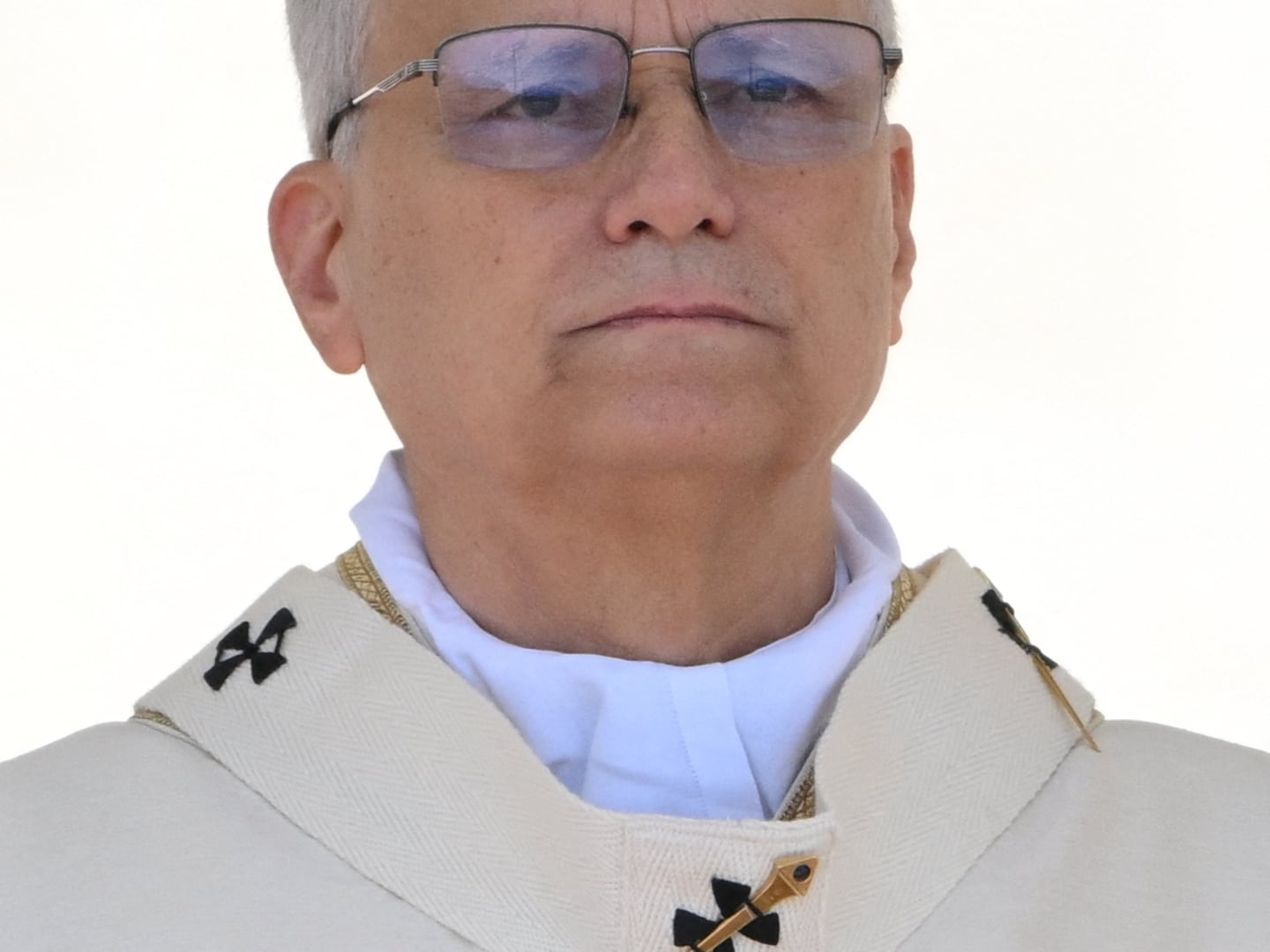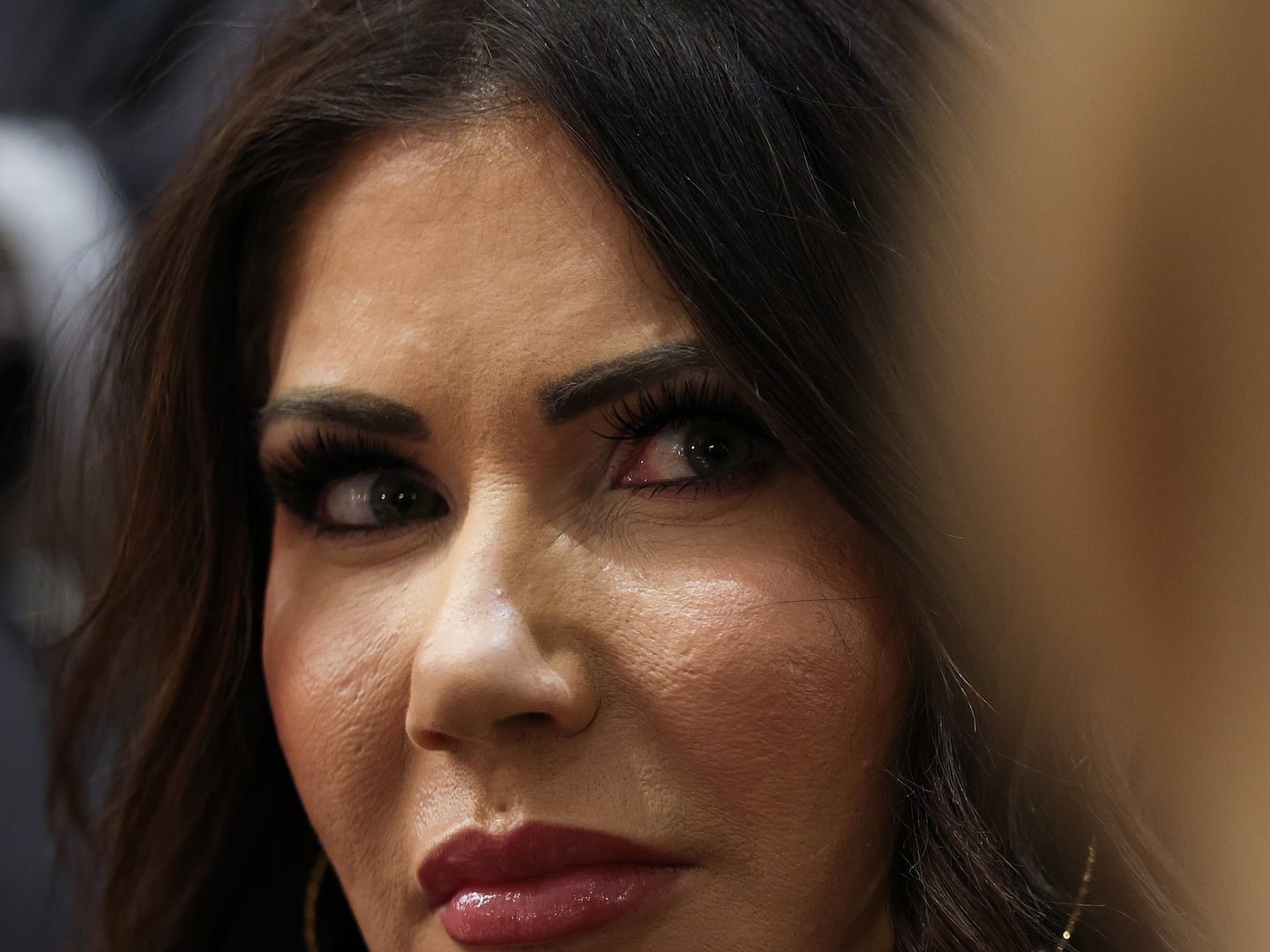The price paid for celebrity is caricature, and by the end of his rich, accomplished life, Christopher Hitchens had become everyone’s lovable curmudgeon. In the pages of publications that once would have nothing to do with him—The New York Times (they didn’t like his anti-Zionism), The New Yorker (they didn’t like his strong opinions)—he was suddenly extolled for exciting copy as “The Contrarian,” “The Drinker,” The Partygoer.” The relentless comparisons to George Orwell made you wince, not because Hitchens didn’t deserve the extravagant praise—in many ways, he did—but because comparisons tend to diminish. He was not someone like Orwell (a comparison he himself nurtured and invited). He was Christopher Hitchens, unique and unduplicable. He was the most distinctive personality in Western literary journalism. If he was like anything, he resembled some larger-than-life 19th-century figura. He was journalism’s Lord Byron. And unlike certain other Washington-based literati, he didn’t spend his professional life hurling thunderbolts from behind the shelter of a title and a desk. He made his own way. Always.
It was dismaying to anyone who had been dazzled by Hitchens’s remarkable intellectual gifts, his superhuman productivity, his extraordinary verbal nimbleness—not to mention his charm and warmth as a man—to see him celebrated at the very moment when he was intensifying the fanatical streak in his writing. They love you to pieces when your real teeth and real claws give way to toothless and clawless gestures of ferocity. Hitchens’s strident support of the slaughterhouse in Iraq was vulgar and insensate. His meanness toward religious people was unbearably callous and smug. In the age of the Internet, where stridency, meanness, and smugness rule, Hitchens hit the culture’s sweet spot. That he performed it all with a wink as he slipped back into the glittering high society that seemed—along with alcohol—to fleetingly appease his unappeasable need for love and attention only added to the disillusionment among people who knew what a true genius he was.
Unlike the Hollywood version of genius, which is preternaturally cerebral, Hitchens was preternaturally visceral. He was not, it seemed to me, so much disciplined as driven by obsession—discipline alone cannot supply you with the vitality to write over a thousand words a day for your entire life. There is a book by Edmund Wilson called The Wound and the Bow in which Wilson invokes the old myth of the great archer Philoctetes and his wound that wouldn’t heal. That wound, wrote Wilson, was bound up with Philoctetes’ gift. There was something mythic about Hitchens’s unfathomable vitality and avidity. It was so bound up with whatever compelled him to kill himself with drink that it made both his work and his personality spellbinding.
You could feel the wound when you spoke with him. He could be an attractive listener, his eyes twinkling as the wheels turned through infinite possibilities of riposte. But for the most part, he simply had to have the first and last word, and if a crowd drew round him as he ran away with the conversation, all the better. The mythic need for attention—I’m not knocking it; without it, there would be no monuments of art or intellect—could make him an astringent truthteller. People go on now about how Hitchens alienated his friends on the left with his screeching jingoism about the Iraq War, but he had been alienating his friends on the left the whole time he was on the left. I still remember the column he wrote for The Nation, decades ago, in which he came out, as it were, as pro-life. The brouhaha that caused made the furor over his support of the Iraq War look like a bar mitzvah.

Hitchens’s best work was fueled, as he said, by a hatred of bullies. That is another way of saying that his best work was a brilliant struggle with himself, for he could be the worst of bullies. Along with his wound-driven vitality, his titanic certitude also accounted for his spellbinding quality (not to mention that beautiful voice that made him sound uncannily like Richard Burton). His late work seemed to me to be a relaxation of that struggle. He accepted the universal caricature of himself as the hard-drinking “contrarian” and reveled in his capacity to bully all comers. It was at that point, when Christopher Hitchens became “Christopher Hitchens” that celebrity wrapped its rubber arms around him.
But incandescent individuals like Hitchens work from behind a mask, and through the toll and ardor of work, they inevitably become, to one degree or another, the mask. I will not miss at least half of what Hitchens wrote in the last few years. I will miss the presence, somewhere on earth, of a man of tantalizing depth and mysterious energy, who lacked just enough self-knowledge to turn, a little, the consciousness of his time.






